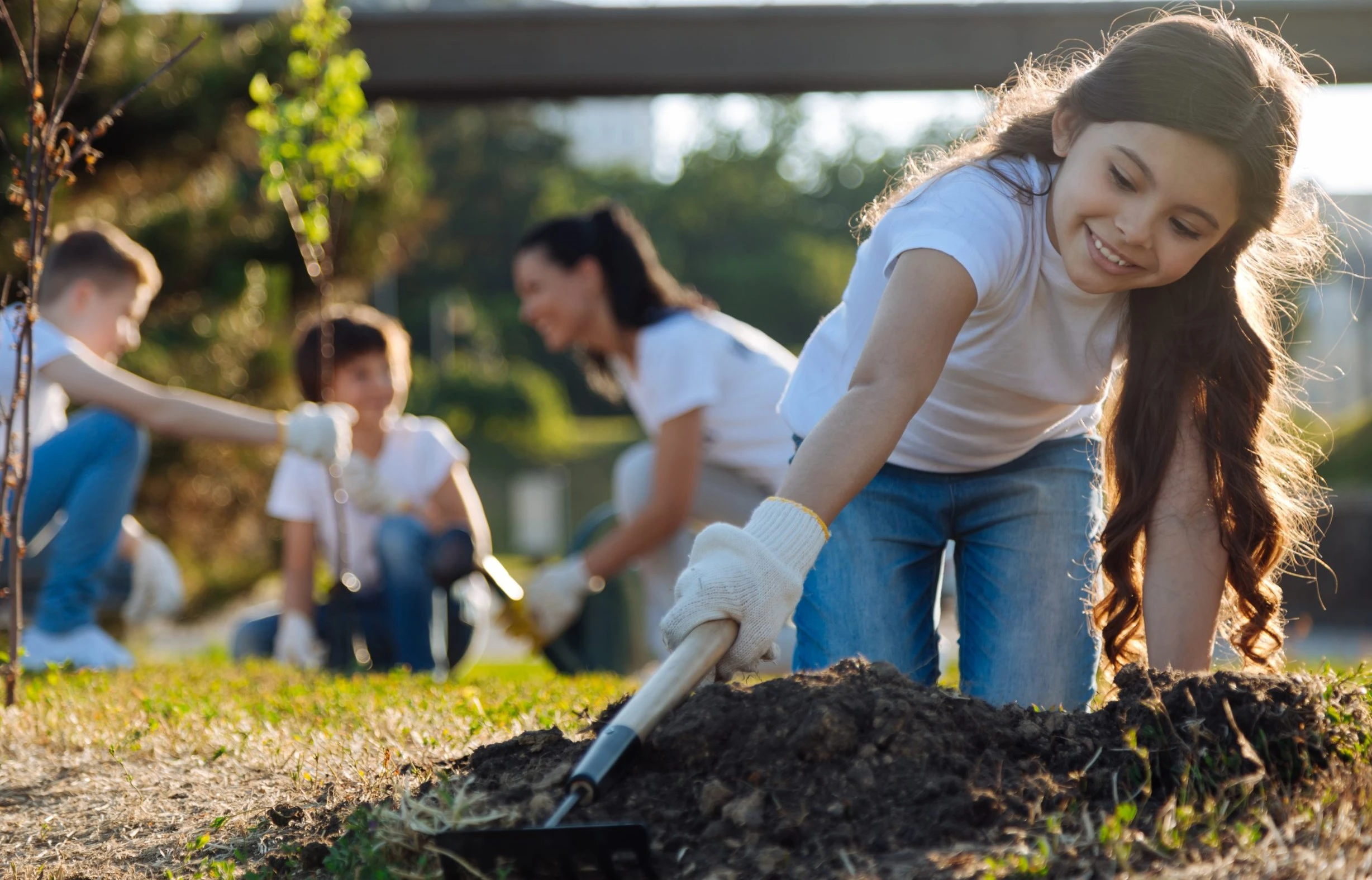Raising kids who are kind, responsible, and empathetic is more important than ever. Social responsibility isn’t just about large, heroic acts—it’s about small, everyday habits that foster respect for others and the world around us. As parents, we have the power to plant these seeds early. In this blog, we’ll explore practical ways to teach kids social responsibility at home and create a nurturing environment where socially responsible children can thrive.
Let’s dive into some simple strategies that make a lasting difference.
1. Model Positive Behavior
Children are natural observers—they learn most from what they see. One of the most effective ways to teach kids social responsibility at home is by being a role model. When parents show kindness, empathy, and patience, children absorb these values. For example, holding the door open for someone or offering help to a neighbor teaches kids that small actions matter.
2. Involve Kids in Household Chores
Doing chores is a great way to build responsibility. When kids participate in daily tasks like setting the table or folding laundry, they understand that they are part of a team. It also teaches them the value of contributing to a shared space. This teamwork helps children appreciate responsibility as something that benefits everyone—not just themselves.
3. Practice Gratitude and Generosity
Helping children develop a habit of gratitude encourages them to notice the good in their lives. A wonderful way to practice this is by regularly donating items they no longer use, like toys or clothes. Through such actions, kids learn the importance of sharing and begin to understand that they can make someone else’s day brighter with small gestures.
4. Introduce the Concept of Volunteering
Volunteering as a family is an excellent way to build social awareness. Whether it’s helping at a local shelter or participating in a community event, children gain perspective on the world beyond their immediate surroundings. Volunteering teaches socially responsible children to be aware of others’ needs and show compassion toward people from all walks of life.
5. Encourage Eco-Friendly Habits
Environmental responsibility is another aspect of raising socially conscious kids. Teaching kids social responsibility at home can begin with eco-friendly practices, such as recycling, conserving water, or reducing food waste. Starting a small garden or joining a neighborhood clean-up can further strengthen their connection to the environment.
6. Use Stories and Books to Teach Values
Books and stories are powerful tools for teaching life lessons. Look for age-appropriate books that promote kindness, empathy, and cooperation. Movies with positive messages can also spark meaningful conversations about social responsibility. Stories make it easier for children to relate to complex ideas and visualize what it means to be responsible.
7. Discuss Current Events and Social Issues
Children are naturally curious about the world. You can introduce simple conversations about social issues to help them understand the bigger picture. For example, discussing topics like homelessness, pollution, or food insecurity in an age-appropriate way can encourage children to think about their role in making a difference.
8. Promote Inclusiveness and Respect
Inclusiveness begins at home. Encourage children to respect people’s differences, whether in opinions, backgrounds, or abilities. Teaching social responsibility means helping them understand that every individual deserves kindness and fairness. This could mean making friends with someone new or standing up against unfair behavior.
9. Set Family Goals for Community Impact
Making family commitments to reduce waste, save energy, or participate in a local charity event can make the idea of responsibility more meaningful. It’s Wonderful way to strengthen family bonds. These shared goals give children the sense that their actions—no matter how small—can create positive change in the world.
10. Recognize and Celebrate Efforts
Using positive reinforcement is highly effective in shaping behavior. When you acknowledge your child’s responsible actions, they feel motivated to continue. Use a simple reward system, like a sticker chart, to track their progress. Celebrating their efforts, no matter how small, reinforces the value of social responsibility in a fun and encouraging way.
Conclusion
Teaching kids social responsibility at home doesn’t have to be complicated. It’s about embedding small, thoughtful actions into everyday life—whether it’s doing chores, being kind to others, or making eco-friendly choices. The goal is to raise socially responsible kids who grow up understanding that they have a role in creating a better world. Start small, be consistent, and watch your child grow into a compassionate, responsible individual.


